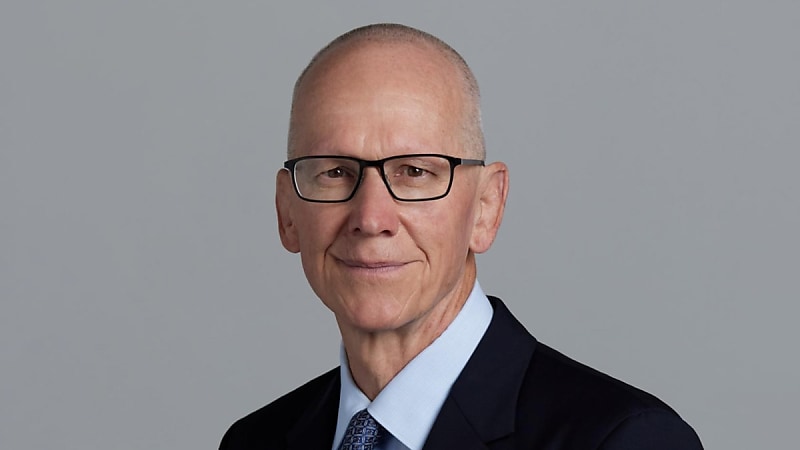Big business now also sounding alarm over Div 296
The big end of town is joining the chorus of opposition against the proposed Division 296 tax.
In the past week, corporate leaders such as Wilson Asset Management chairman Geoff Wilson AO, former QSuper chair Karl Morris, CSL chairman Brian McNamee, and Sydney Swans chairman and Moelis chief executive Andrew Pridham have openly condemned Labor’s plan to tax unrealised capital gains in the mainstream media.
“[Big business hasn’t spoken out before] I think because of the industry and union funds being big owners of equity,” Wilson told SMSF Adviser.
“I take my hat off to Brian McNamee for standing up because it now makes it easier for others to do the same.”
The Australian reported McNamee as having said Prime Minister Anthony Albanese's attempt to play down the impact at the weekend meant this had now become a “matter that should not rest”.
“In my experience, these things never stand still … the net only gets wider and broader for all new taxes,” he was quoted as saying.
Wilson said many in the corporate world have understood the significant unintended consequences of the proposed tax and had now started to actively campaign against it.
“We have just released a discussion paper which shows that the negative impact of this tax is close to $100 billion,” he said.
“I’m giving the government the benefit of the doubt that they were naïve about this, but if introduced, it will be a negative thing for investment and risk taking capital will go offshore, as well as the impact on small business and farmers.”
He added that he had already heard from investors that the proposed superannuation tax would “destroy” them and said the government’s cash grab would inevitably end up destroying infrastructure capital.
“There will be $25 billion-plus taken out of SMSFs almost immediately. I have had a lot of investors in SMSFs that are going to bring their balances down under $3 million before June 2026, before it impacts them,” he said.
“And where is the money going to? A significant amount will go to children and grandchildren or themselves, investing in the family home. We estimate that around $150 billion will go into housing.”
He added that the issue was big enough that Labor could have lost the election over it if it had received the “airplay” it is belatedly now receiving through mainstream media, and that now big business leaders are starting to speak out, he hoped that the fight to oppose the bill would gain even more momentum.
“The game is not over for us. The risk is now if there are changes in the Senate. Our goal is to keep getting it blocked in the Senate so it doesn’t become legislation,” he said.
“This is an enormous issue that will continue to expand as it gets more airplay.
“I saw Peter Burgess [SMSF Association CEO] speak about it in Adelaide about 18 months ago and know he has been lobbying hard, so it is refreshing now to see business leaders stand up for what is right.”
Peter Burgess, SMSF Association CEO, said it is good to see so many influential business leaders coming out and strongly opposing the taxation of unrealised capital gains.
"As we have said from the outset, this tax proposal with its far-reaching implications and substantial burdens on key economic drivers needs to be taken off the table. The Prime Minister has ruled out changes to negative gearing and the CGT rules. He should also rule out taxing unrealised capital gains," Burgess said.
The Australian also reported that a recent Parliamentary Budget Office calculation shows that if the Div 296 tax is implemented, it will raise nearly $7 billion a year within 10 years.
Wilson said this “Trojan horse” approach to taxing unrealised capital gains would lead to people changing their behaviour, so although the PBO may estimate the astronomical revenue forecast, it may not come to fruition as people withdrew their superannuation to avoid the proposed tax.
“The bureaucrats may have worked out the calculation, but people will change their behaviour and the government won’t get that.”








